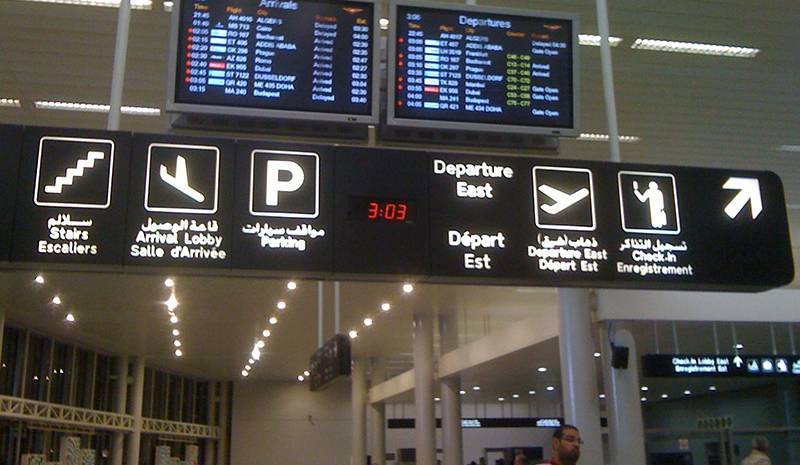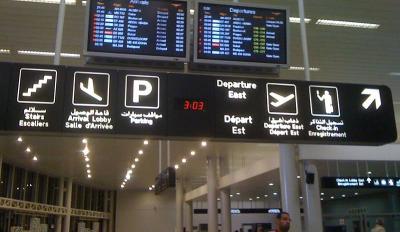Lebanon has deported a Reuters correspondent after interrogating him upon his arrival at Beirut Airport at the beginning of a reporting assignment last month, holding him overnight before placing him on a flight to Jordan. Suleiman Khalidi, a Jordanian citizen, stated that he traveled to Beirut on August 2, but passport control officials stopped him for questioning and requested that he surrender his Reuters laptop and mobile phone. The authorities did not provide any reason for this request. After Khalidi refused to hand over his equipment, he was transferred to a deportation center before being sent back to Jordan the following day.
Reuters sent a letter to Lebanese authorities requesting the cancellation of the decision. A spokesperson for Reuters said, "We have lodged our protest with Lebanese government officials regarding the treatment of Reuters journalist Suleiman Khalidi, and we seek further information from those authorities, which have not provided any explanation for the action taken." They added, "Suleiman's reports are independent and impartial in line with principles of trust. Reuters condemns any restrictions imposed on journalists seeking to report news in the public interest."
In response, the General Directorate of General Security in Lebanon stated that Lebanese law guarantees a free media environment, but did not mention whether Khalidi's deportation would be canceled. The message stated, "The decision taken by General Security regarding Mr. Suleiman Khalidi's denial of entry to Lebanon is an entirely sovereign decision pertaining to the Lebanese state and has no relation to his work or profession." The letter characterized the decision as a refusal of entry rather than a deportation, as officials did not stamp Khalidi's passport.
Khalidi, a senior correspondent in Jordan and Syria, has worked for Reuters for 25 years, covering news in Jordan, the Syrian conflict, as well as Iraq, Lebanon, Libya, and the Gulf.




